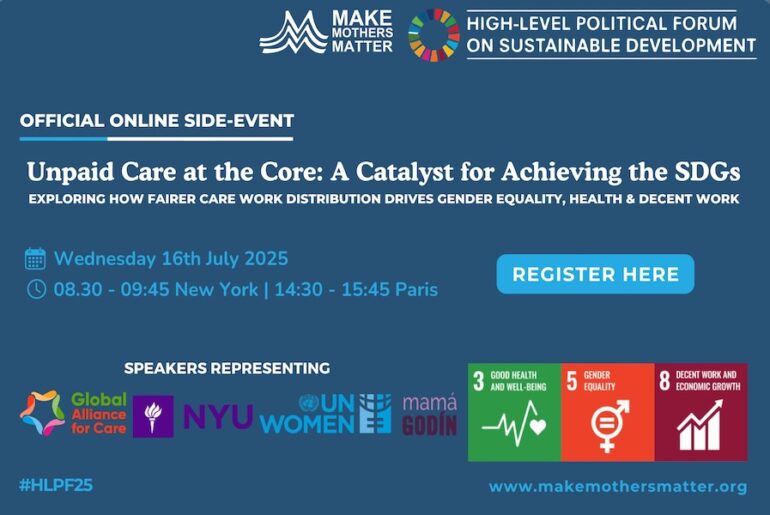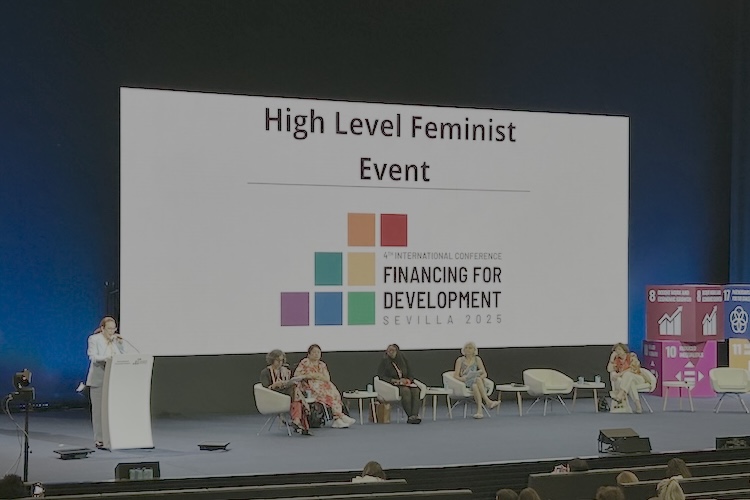MMM calls for parents to play key role in discussion on Children Rights
17.05.19
UN Geneva - Parents (or legal guardians) and families have been relatively absent from the discussions on children rights. MMM, in its answer to a consultation of the UN Committee on the Rights of the Child, says it is time to reassert their role as the primary educators of their children, examine ways to prevent separation of children from their families, and better support and empower them for the realization of children rights.
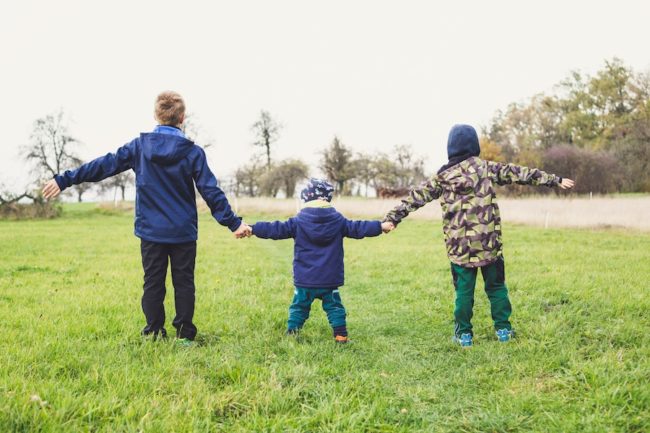
Families can be the setting for grave human rights violations, ranging from neglect to violence and abuse, and include harmful traditional practices such as Female Genital mutilation. The abuse can go as far as murder, e.g. through so-called “honour” killings.
However, legitimate concerns over such human rights violations have led to the enactment of sometimes questionable laws, with some governmental child protection services becoming overzealous. The result is an increasing number of wrongful confiscations of children from innocent parents in a number of western countries.
In the UK for example, a 2016 television documentary aired on French TV (France 5 Channel), Les enfants volés d’angleterre, shows the violent methods social services use against parents only suspected of mistreatment – i.e. without any evidence. In addition, the UK Law allows poverty to be the sole justification for removing a child from their parents, which is a clear violation of the right of the child to live in a family environment.
In the UK or USA, even newborns are being taken from mothers purely on the basis of future risk of harm, which can subjective.
The children whom the system intends to protect can thus be unnecessarily deprived of their family environment, and end-up in institutionalized or foster care, or are rapidly put on the adoption market. And parents unfairly deprived of their children are left with no rights and no means to get them back.
On several occasions, the UN Committee on the Right of the Child has expressed in its concluding observations, concerns at the high number of children in alternative care, and at the frequent removal of children from their families as a first resort in cases of neglect or financial hardship – e.g. in the case of Canada and the UK.
Most parents only want the best for their children. And families, in all their forms and diversity, remain the fundamental group units of society. They should be “the natural environment for the growth and wellbeing of all its members and particularly children”.
Instead of removing children from their parents, States should address the root causes that can lead parents to neglect, be violent or abuse: lack of education, harmful traditions, poverty and social exclusion, are the real drivers of child mistreatment. Instead of being punished by the removal of their children from their custody, at-risk parents should be better supported both financially and through counseling. They should also be better educated and informed, especially on the importance of a nurturing environment and positive parenting for their children.
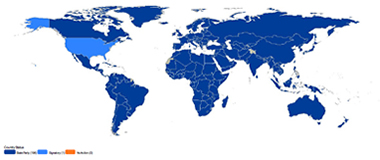
The UN Committee on the Rights of the Child monitors the implementation of the Convention on the Rights of the Child. Every 2 years, the Committee organizes a Day of General Discussion on a specific article of the Convention or a related subject.
The 1989 UN Convention on the Rights of the Child asserts the right of a child to be brought up by their parents, and it recognizes that the ideal setting for a child to grow up in is within a “family environment that provides an atmosphere of happiness, love and understanding”.
MMM, therefore, proposes a Day of General Discussion on Parents/families and the realization of children rights. Its objective would be to discuss child protection policies and exchange best practices on how governments can best support parents and families in all their forms in order to ensure a healthy, violence-free and nurturing family environment for children.
MMM submission for the 2020 Day of General Discussion on the Rights of the Child
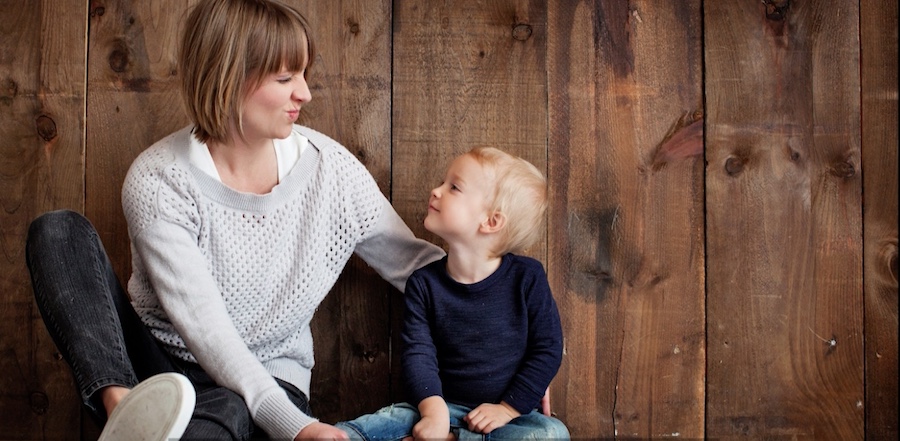
Envisioning care as a common thread to global crises
29.07.24
UN New York - Our virtual HLPF side-event brought together experts to shed light on how the various global crises we face (in particular climate change and other environmental crises,
We call for multi-stakeholder approach to recognise and support unpaid care work
21.07.24
UN New York - Participating in the meeting of the UN Economic and Social Council (ECOSOC) on care and support systems, MMM reaffirmed the principle of co-responsibility, which should underpin
The New EU Gender Equality Roadmap : A Call for Inclusion of Mothers
04.03.25
The European Commission’s initiative on a new Gender Equality Roadmap post-2025, marks a significant step forward in addressing gender disparities across the European Union. Make Mothers Matter (MMM




